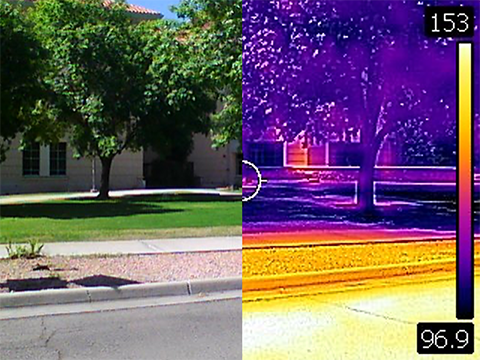
Join three heat experts to talk about how we map, monitor, and lessen the impacts of urban heat islands.
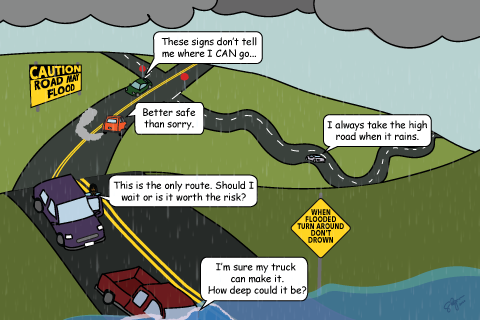
The reasons why some people drive or don't drive into flooded roads can be complex.
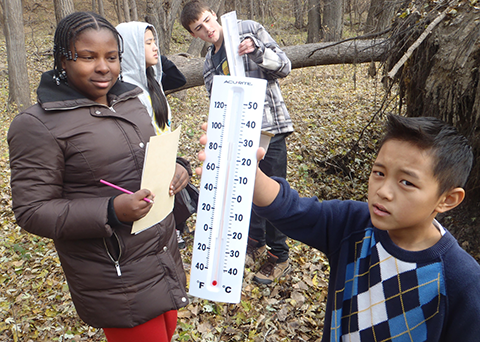
Join three education experts to talk about how engaging, empowering and educating others can lead to powerful climate action.
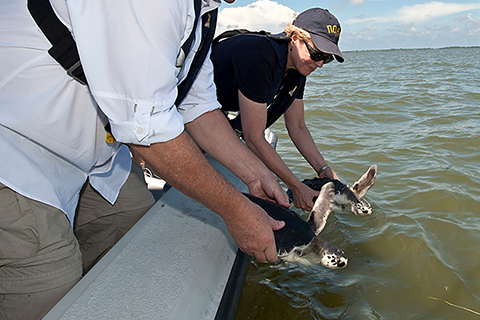
Former NOAA administrator Jane Lubchenco discusses her family's history of women in science, the importance of mentorship, her solution to achieving work-life balance, and how citizen science can help foster trust between scientists and stakeholders.

NOAA is an agency that enriches life through science. From the surface of the sun to the bottom of the ocean, NOAA advances scientific understanding of Earth's environment, climate, and weather.
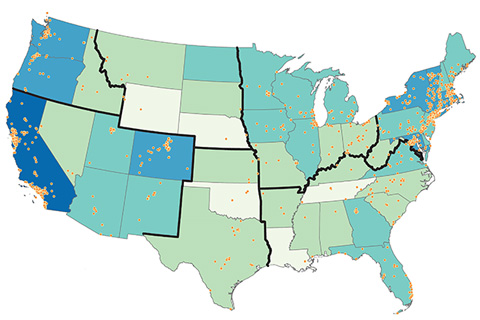
Cities and states across the U.S. already engage in emission mitigation activities. Continuing to reduce emissions will save thousands of lives and billions of dollars.
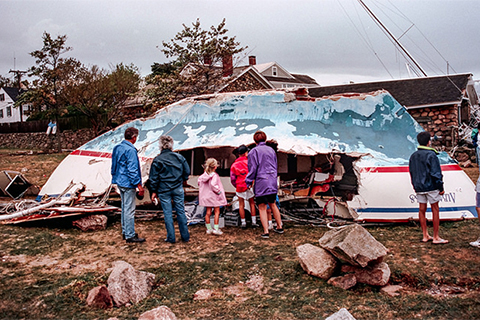
Using lessons from past hurricanes, a Massachusetts town safeguards its water supply and prepares its residents for a future that includes more intense weather.
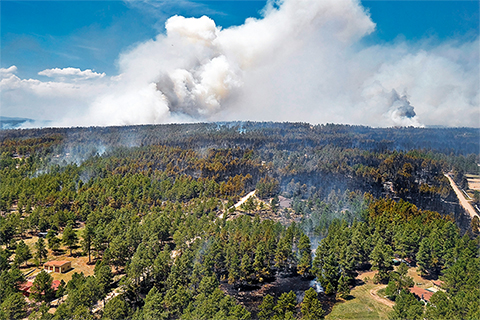
Where the threat of wildfires is rising, HEPA filters and air scrubbers installed for protection against pandemics can also provide climate resilience by protecting hospitals from smoke.
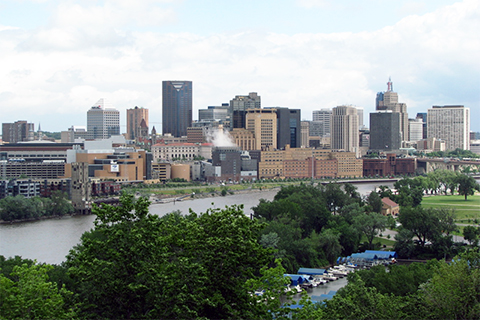
Heat waves bring some level of discomfort to nearly everyone. When excessive heat catches vulnerable populations off guard, that discomfort can advance to illness and even death. Public health officials in Minnesota are working to protect people in both rural and urban settings.
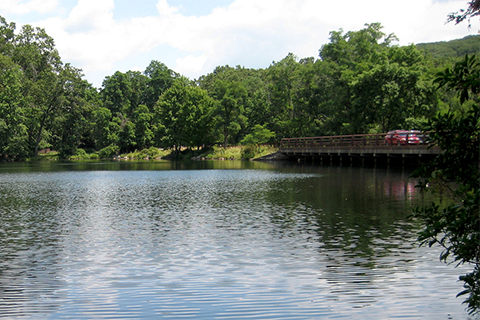
Faced with the potential of a large expense related to water quality, Maine's Portland Water District had two investment choices: conservation or concrete.